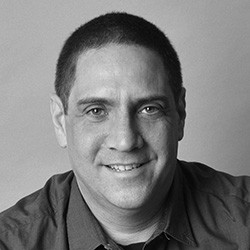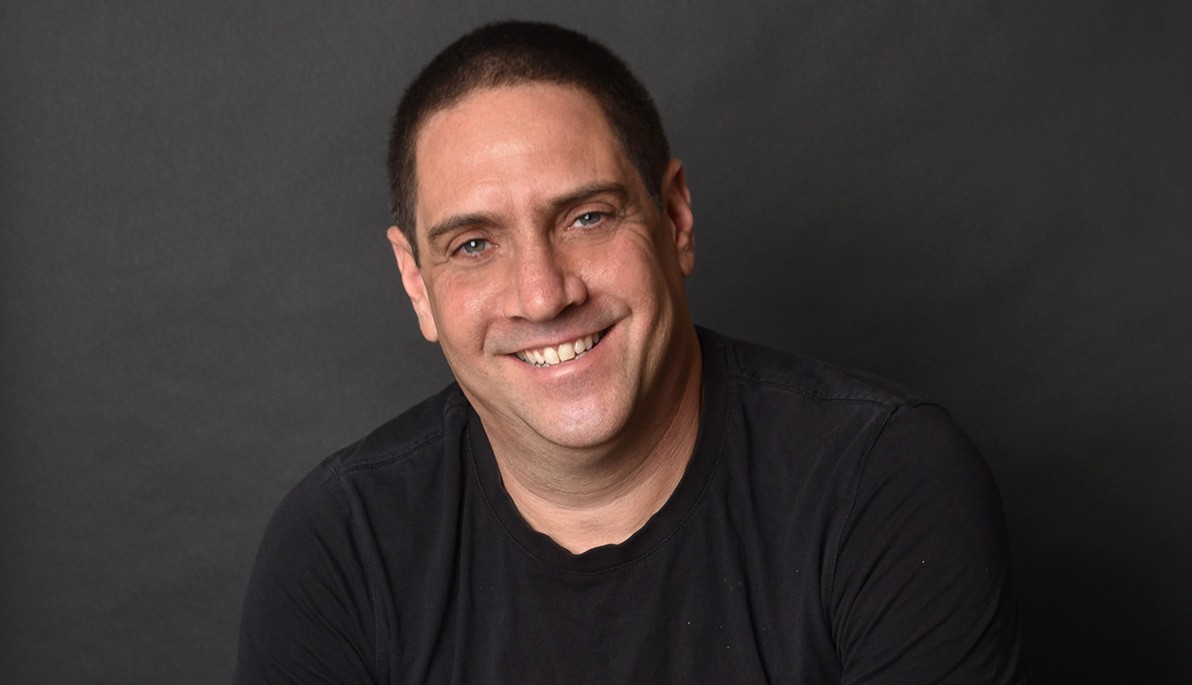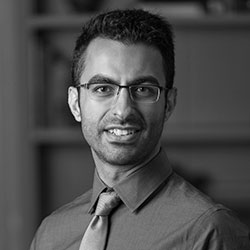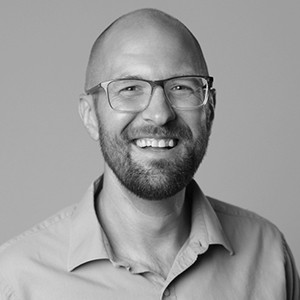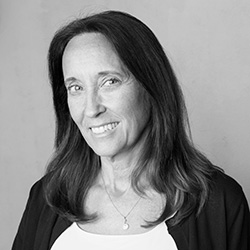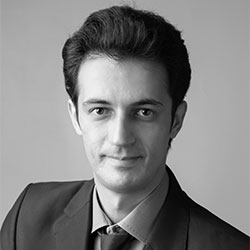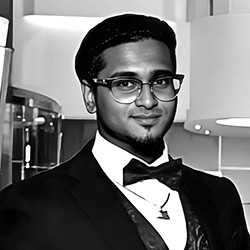The Future of Education
It all began with 1800Matress.com. It was 1995, and the Internet was just getting started. Amir Gefen (M.A. ’95), then a communications student, landed an internship with the help of New York Tech at the online retail mattress company. “This really kicked off my career in artificial intelligence (AI),” he says. “My job was to help them build their first ecommerce website.” But in those early days of online shopping, buyers couldn’t place an order directly from a company’s website. They would browse an online catalog then reach out to a call center to make a purchase. Now, “it’s 30 years later, and we’re talking about AI,” he says.
As the Internet and online technologies evolved, so did Gefen’s career, taking on various roles in technology, including within telecommunications, big data analytics, and, ultimately, AI. He is now a faculty member for learning technology at Ramat Gan College in Israel as well as an AI Lab manager in the research and development unit at the Ministry of Education in Israel. In this role, he scouts for educational technologies that use AI and matches them with schools as pilot programs. For example, in one program, he matched a school with an online tool that aids in speech therapy. “We are experimenting with an AI system where a child can practice reading through a device. His spoken words are sent to a speech therapist who can evaluate the student’s progress,” he explains. In addition, the child can practice in between treatments and advance faster.
Despite all the negative buzz surrounding AI and ChatGPT (an AI chatbot) in the United States, Gefen says it’s not the case in Israel. “We identify ChatGPT in our education system more as an opportunity than a threat,” he says. “We are experimenting with robots and avatars as digital teaching assistants for students and evaluating programs that teach students to understand AI as early as elementary school. We expose them to AI, and they start to understand its concepts and capabilities. We are not teaching them how to program in AI but how to use the applications.”
Through these pilot programs, Gefen is developing a knowledge and understanding of AI and ChatGPT and offering recommendations to the Ministry of Education on how to approach and what they should do with AI. “The experiments can help them define programs and policies that are relevant to the entire education system,” he says.
Gefen says that AI and ChatGPT are also fundamentally changing the ability to access the Internet and how people use search engines by generating and creating answers on various topics. “This is an advancement of any search engine,” he says. “We’ve been using Google, and now this is the next level up. It’s not just providing search results; it’s creating the answer.”
He says using the technology in the classroom can only enhance a child’s learning. However, he says, students need to learn how to use it to their advantage. Students can’t copy and paste their answer. They need to validate the search results. “We [in Israel] are asking the students to give a disclosure, to credit ChatGPT; to say, ‘I used it to get my answer,’ as well as disclose the questions asked,” he says. “So, they’re evaluated not just on how they got the answer but the question they asked. This is how we motivate them to use it. In addition, we ask the students to evaluate the ChatGPT answer. Do they agree or disagree? How would they make the answer better? Is it missing anything?”
In February 2023, Gefen returned to his alma mater to give a lecture on Artificial Intelligence, Education, and ChatGPT and spoke about ways to harness ChatGPT in education and other AI educational tools and impediments to learning.
“I think a lot of our classrooms were built during the industrial revolution. It’s no longer appealing to the children of 2023,” he says. “We need to change our mindset—what schools look like and how children are learning. If we identify a technology that can be helpful, we should look and prioritize it in the classroom.” Gefen believes one of the roles of education is to prepare students for the future. If a new technology challenges the education system and pushes educators and policy makers to develop processes to ensure good learning, that is a good thing. It’s not a reason to ban it.
Returning to New York Tech to speak to faculty and students was a special moment for Gefen, who reconnected with the university after meeting School of Management Interim Dean Deborah Y. Cohn, Ph.D. (M.B.A. ’89), and Associate Professor of Management and Marketing Studies Joshua Bienstock, L.L.M., J.D., at an alumni dinner in Israel in January 2020. “I was so happy to be back and walk the classrooms and see the faculty and the students,” he says. “I was fortunate to have this experience and wish it to any New York Tech graduate. Just as the school kickstarted my career, I wish them the same. It gave me the starting point and foundation to develop a successful career.”
